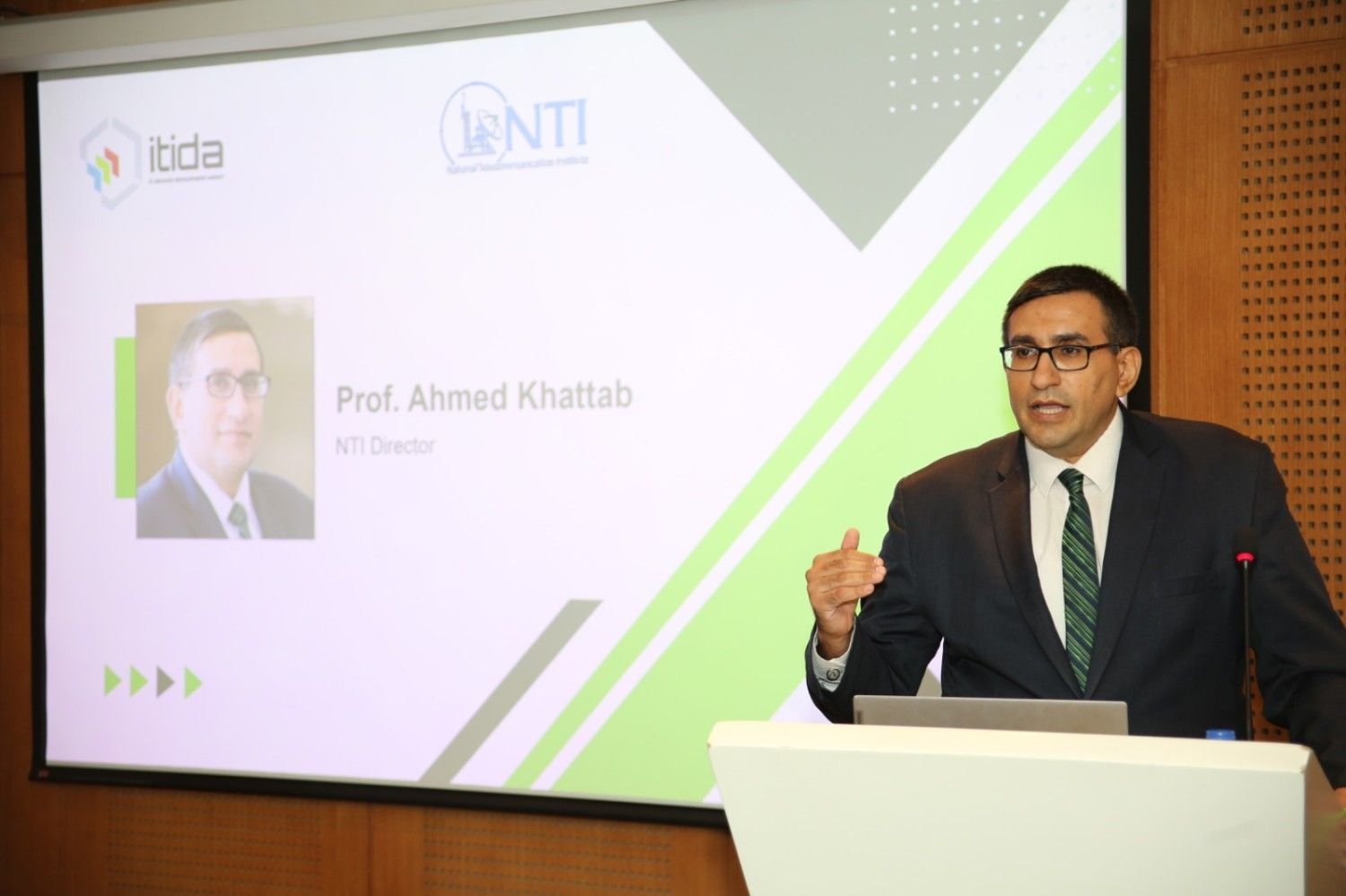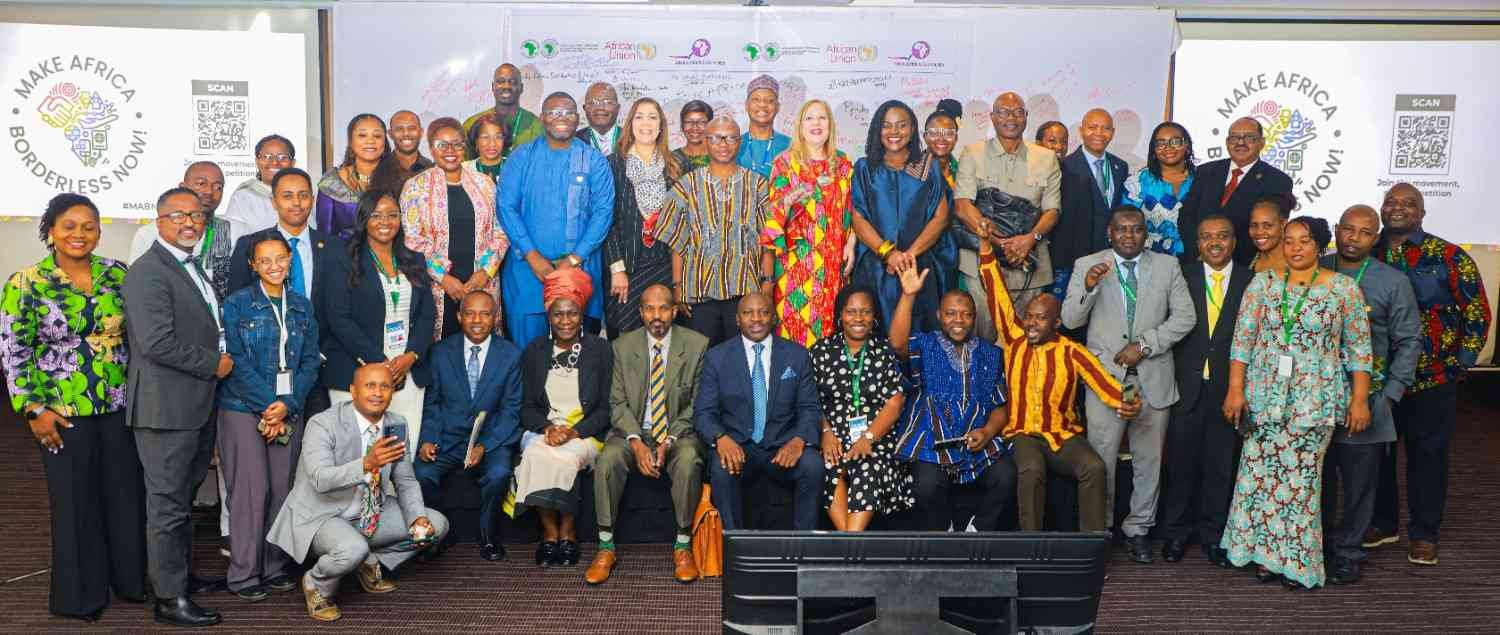Cairo, Egypt – September 11, 2025: Thousands of university students across Egypt are gaining a foothold in the country’s rapidly growing digital economy through an ambitious summer training program designed to produce the next generation of IT professionals. The program, led by the Information Technology Industry Development Agency (ITIDA) in partnership with the National Telecommunications Institute (NTI), honored 100 top-performing students this week in a ceremony in Cairo. It is part of a nationwide initiative to train 10,000 students in cutting-edge digital skills, including artificial intelligence, cybersecurity, software development, data science, cloud computing, and digital arts.
Eng. Ahmed El-Zaher, CEO of ITIDA, said the program reflects Egypt’s broader strategy to invest in young talent as a cornerstone of its digital transformation. “Our skilled workforce is increasingly becoming a magnet for global companies seeking to bridge the talent gap and expand into new markets,” he said, emphasizing the program’s combination of technical training, soft skills, and freelancing education.
The program is notable for its inclusivity. Students from all governorates, across a wide range of academic disciplines, are participating, and women make up roughly 40% of this year’s cohort. Over 1,400 trainees earned international digital badges through NVIDIA’s Deep Learning Institute, while others achieved Huawei’s cloud computing certification.
Dr. Ahmed Khattab, Director of the National Telecommunication Institute (NTI) highlighted the program’s flexibility, allowing students to either specialize deeply or gain broad exposure across technologies, preparing them for both local and global markets. “The program combines technical training, personal development, and freelancing skills to prepare students for both local and global opportunities,” he said.
Participants also toured the Smart Village, Egypt’s technology hub outside Cairo, visiting offices of local and multinational firms and gaining firsthand experience of workplace environments.
Eng. Mahmoud Sofrata, VP of ITIDA emphasized the agency’s commitment to expanding access nationwide. “This year, approximately 40% of participants were female, with plans to further increase inclusion in future editions.”
Additional training grants were offered in languages, Enterprise Resource Planning (ERP), and advanced technical training via ITIDA’s Software Engineering Competence Center (SECC).
Since its launch in June, the program has already trained more than 6,100 students, with another 4,000 currently enrolled. Training is delivered in hybrid formats, combining in-person sessions at MCIT’s Digital Egypt Innovation Hubs; better known as Creativa, with online courses, ensuring broad access across the country.
“Investing in young talent is central to Egypt’s strategy,” said El-Zaher. “These students are not just learning skills—they are shaping the workforce that will power our digital economy for years to come.”
Egypt’s young and growing workforce offers a distinct advantage for global technology investors. With the majority of its population under 40 and over 760,000 university graduates annually—including 50,000 in ICT, 171,000 in finance and accounting, and 28% in STEM fields—Egypt has become a leading destination for talent-driven investments.
To harness this potential, the Ministry of Communications and Information Technology (MCIT) has rolled out nationwide digital upskilling programs accessible to citizens of all ages and educational backgrounds, ensuring inclusive access across all governorates.
Over the past seven years, Egypt has dramatically scaled its digital talent development, increasing the ICT training budget fortyfold and expanding the number of trained individuals 125 times—reaching 500,000 trainees this fiscal year alone, supported by a budget of EGP 2 billion.
-Ends-















